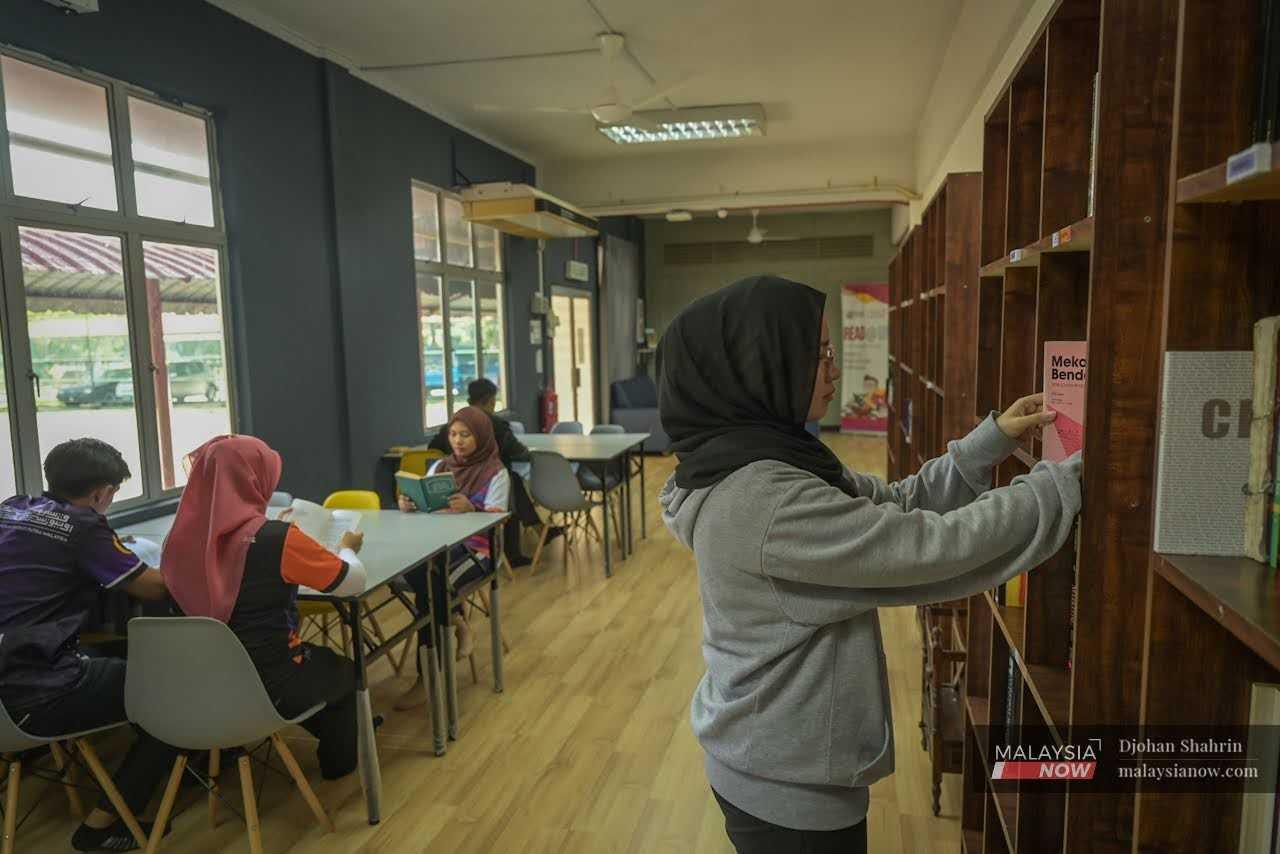How valuable is a university degree as economy, job market shift?
Some young people are choosing not to continue their education at a higher level despite long-held beliefs that this would open the door to a better life.
Just In
When Mohd Fitri went to collect his SPM results in June, he and his family left the house at 4am to make the trip from Kuala Pilah, Negeri Sembilan, to his boarding school in the north of the peninsula.
The entire family was on tenterhooks as he was the eldest of four siblings and the first of any of them to sit for the exam.
When they arrived, Fitri discovered that he had received As for nine of the 10 subjects he took, with his name listed as one of the top scorers in the entire school.
"My parents phoned my grandmother back in the village to tell her the news," he recalled.
"I still remember the tears of joy that fell from my mother's eyes and landed on my face."
But unlike the rest of his friends who scored well in the exam, Fitri decided against continuing his studies at the university level.
He had long planned to become an architect due to his love for mathematics and physics, and hoped to land a spot at one of of the leading housing development companies in the country.
In April, though, he began taking foreign language classes online, learning from Korean and Japanese instructors in their home countries.
Now, his dreams have shifted gear.
"My only goal now is to enter the field of foreign languages," he said.
"I stopped applying for admission to universities and began focusing on these classes where module guides are provided by the language instructors."
He also works part-time at a cafe on weekends, earning RM1,700 a month.
While he has not completely dismissed the idea of going to university, he is happy where he is.
"Some of my friends decided not to continue their studies either, because of financial constraints," he said.
"They decided at the last minute to start looking for jobs instead."
Their SPM results had been good, he said.
"But they wanted to start working and earning an income."
In July, the Department of Statistics Malaysia released a survey which found that approximately 390,000 or 72.1% of SPM graduates did not want to continue their studies.
While it is understood that the data was collected in 2019, the trend is believed to have continued through 2020 and 2021.
On the university side, meanwhile, many institutions are still struggling to regain their footing in the wake of the Covid-19 pandemic, which upended the traditional classroom setting and pushed lecture halls into the new norm.
Graduates themselves, upon leaving university, have found themselves in a changing job market with the priority on those with digital experience and who can adapt to the changes around them.
Still relevant
But amid the uncertainty permeating the job market and economy alike, prominent thinker and former academic Chandra Muzaffar says universities remain relevant despite the shaky admission numbers at many public institutions.
Speaking to MalaysiaNow, he said the situation was neither new nor unique to Malaysia.
"Perhaps they feel that a degree is no longer the passport to a life of luxury or the life that they desire," Chandra, who once served at Universiti Sains Malaysia and Universiti Malaya as a lecturer and political analyst, added.
To date, the higher education ministry has found that more than 30,000 or 2.6% of some 1.1 million students at public universities failed to complete their studies during the Covid-19 pandemic in 2020 and 2021.
The reasons given included health problems, personal issues and exam failures.
But Chandra said that today's youth were also well able to plan their own futures.
For example, he said, someone who begins a business might find themselves in better standing after 10 years than someone else who decided to go to university.
He said universities should review their vision at their establishment as institutions of higher education – not just to churn out jobseekers but to prepare students to be human beings.
"Human beings with compassion and knowledge, and who want to live their lives according to universal justice," he said.
"The problem is how to convince society of this, since even the concept of a genuine university has come under question."
Subscribe to our newsletter
To be updated with all the latest news and analyses daily.
